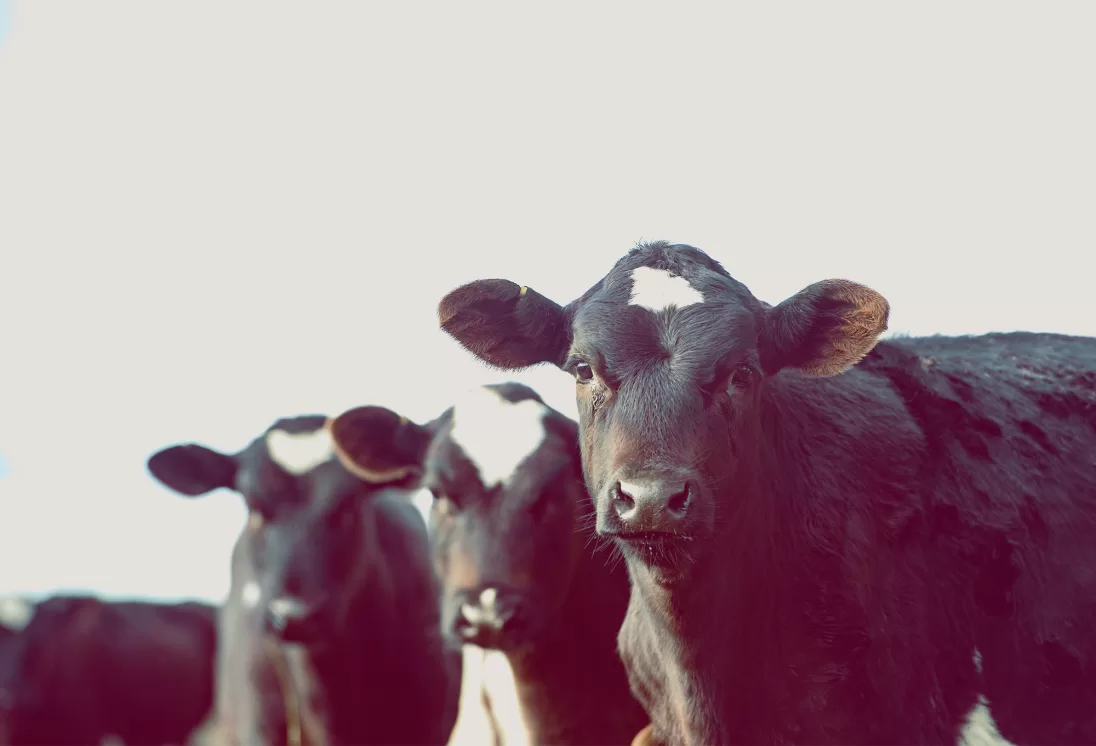
MYLO® feed supplement shows its potential on cows and calves.
Tasmanian farmer Geoff Atkinson uses Mylo® for healthier cows and calves.
Milking cows will normally receive Mylo® through their water or it is squirted directly onto the grain. Mr Atkinson said Mylo® helped improve the overall herd health and as a result, appears to be helping the cows’ ability to fight off illness.
The herd health benefits shown over many years include a low level of herd illness, reduced somatic cell counts and rising fertility rates.
Mr Atkinson said Mylo® is an excellent option for calves and is added to the milk just after birth and utilised through to weaning.
The calves are strong, healthy and must be gaining weight better as they can be weaned at six weeks of age. “We don’t have any trouble at all with our calves,” Mr Atkinson said.
Mylo® is designed to improve the health and vitality of the young animals and enhance their growth for improved productivity in maturity.
Over the years, Mr Atkinson has trialled different types of biological products on the property and said Mylo® seemed an excellent combination of the right bacteria to help his cattle thrive and remain healthy.
“I’ve been through some ups and downs with different products but this one really works well. It has the right amount and type of bacteria to do the job.”
The enterprise is fully organic and utilises biological products in both the animal health and pasture sides of the business.
The operation milks 100 cows year-round and calves three times per year. Milking cows will normally be fed Mylo® through their water or applied directly onto the grain.
Mr Atkinson said he was always interested in the role bacteria had to play in the health of animals and over many years conducted trials of different biological products. In recent seasons he has used Mylo® from Terragen, mixed with apple cider vinegar as a feed additive to his cows and calves.
“We soon observed a clear visual improvement in herd health, and this was supported by a notable drop in our bulk somatic cell count across the herd by 50,000 points”, Mr Atkinson said.
“We are now between 95,000 and 98,000. We understand there are plenty of variables, but our cow fertility also seems to have improved over the same period.”
The enterprise milks 100 cows all year round and calves three times per year.